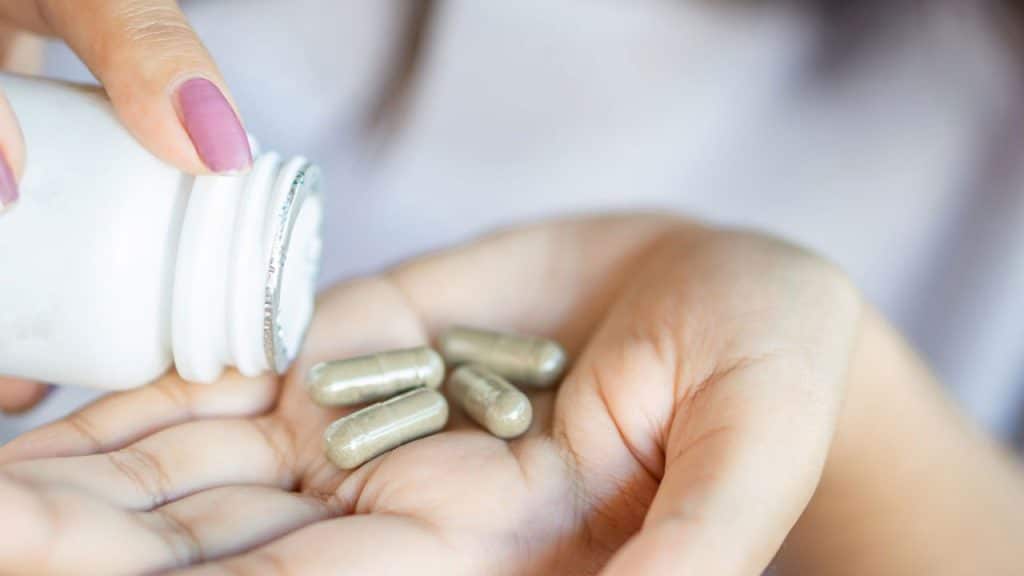Taurine might not be the most well-known substance in the human body, but it’s present in abundance – or, at least, it should be. We know that taurine levels can drop as we grow older, and we know that low taurine is associated with various health problems. The question is whether declining taurine actively contributes to the effects of aging, and if so, can it be supplemented? That’s what the latest research aimed to explore (https://longevity.technology/news/taurine-deficiency-new-research-identifies-possible-driver-for-aging/).
Otherwise known as 2-aminoethanesulfonic acid, taurine’s bovine-sounding name comes from its original discovery in bull’s urine, but it’s found in a host of different animals as well as humans. It’s particularly prevalent in bile. We need taurine for a wide range of reasons, with it making contributions to our skeletal, muscular, cardiovascular, and central nervous system and eyes, in addition to regulating various other bodily processes.
Previous research told us that being deprived of taurine in early life can cause problems in all these areas of bodily function. In fact, it can cause the kind of damage often associated with age-related conditions. We know that when humans have reduced taurine levels, they appear to be at increased risk of hypertension, type 2 diabetes, inflammation, liver disease and obesity.
The newest study analyzed the concentration of taurine in the blood of mice, monkeys and humans, all at different ages. All three showed significant reductions in taurine over their lifespan. In the case of humans, the overall drop was as much as 80%. Most humans synthesize their own taurine, maybe picking up some extra by eating shellfish and meat in particular, but taurine supplements are an option.
Scientists have tested the effectiveness of taurine supplementation in worms and mice, and they found promising results. It increased the lifespan of worms by up to 23% and mice by up to 12%. There were increases in strength, coordination and cognitive performance as well as reductions in senescence, inflammation and mitochondrial dysfunction, all hallmarks of aging.
Of course, worms and mice aren’t humans. We don’t yet have conclusive evidence to support human taurine supplementation, so you need to be very careful. Don’t start dosing yourself in your energy drinks. Concentrate on the taurine in your diet for now as the research continues. Hopefully, we’ll one day have the scientific understanding we need to fully assess the potential benefits and risks of taurine supplements.




